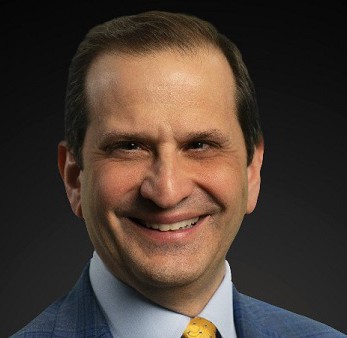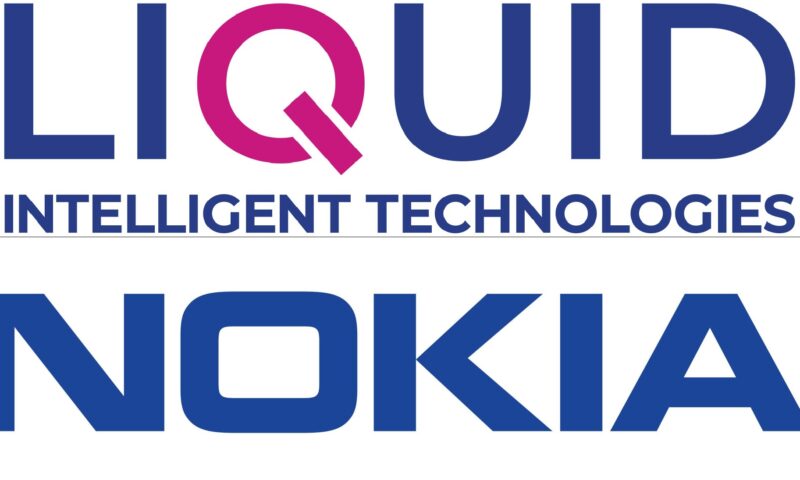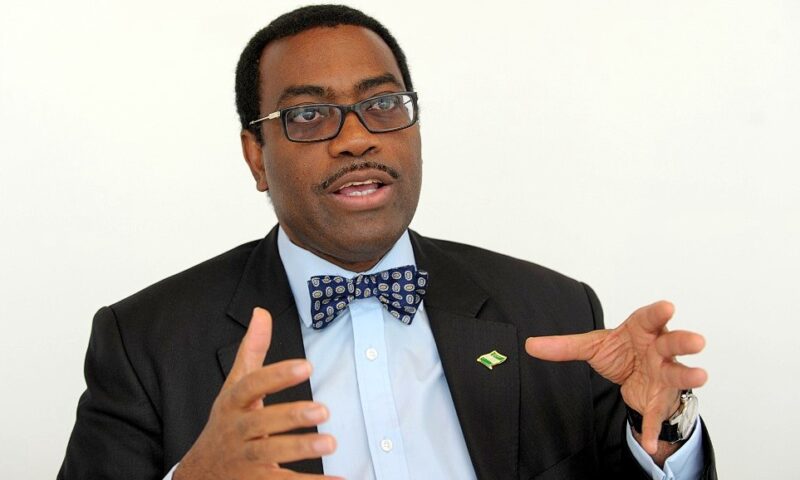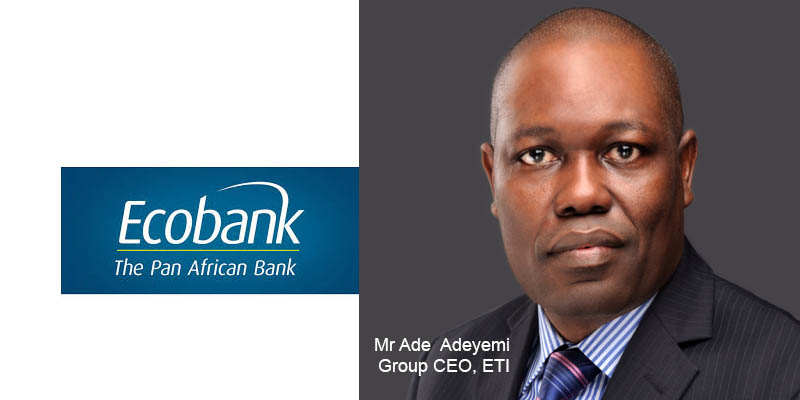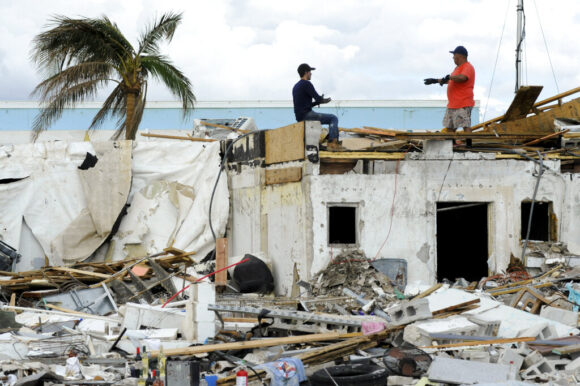By Favour Nnabugwu
The insurance industry sustained US$140bn in losses due to natural catastrophes in 2022, according to a report from reinsurance broker Gallagher Re.
A host of deadly weather events, many directly linked to climate change, took their toll on the globe last year, generating an estimated US$360bn in economic losses and a bill of US$125bn for private insurers. Public insurance entities covered losses of US$15bn.
Such substantial payouts, coupled with heavy losses arising from the war in Ukraine and supply chain disruption, have increased costs for both primary insurers and reinsurers, leading to reinsurance capacity shrinking at the January 1 renewals.
The report says that although insurers were largely able to secure the policy limits they wanted, “it came at a price”, as reinsurers sought to increase retentions and restructure programmes to make sure they remained profitable.
The availability of capacity has not only been problematic for property catastrophe cover: other lines, particularly those affected by Russia’s war with Ukraine such as political violence and political risk, have also seen reinsurance capacity dwindle and rates increase.
The effects of the war on the insurance sector were seen recently when protection and indemnity clubs withdrew fixed premium cover for war risk exposure in Russia and Ukraine, after failing to secure sufficient reinsurance capacity.
Inflation and supply chain disruption have also served to increase the costs overall, Gallagher Re notes. An increased cost of capital drove “one of the hardest contract renewal cycles” characterised by expensive and high-volume claims payouts – in years, with policyholders also facing revised prices.
In its annual January market report, broker Howden says that geopolitical and macroeconomic shocks combined with Hurricane Ian have injected “significant volatility into the market”.
Head of analytics at Howden, David Flandro says the reinsurance sector “is experiencing sustained, heightened loss activity and war risk just as the global economy exits the ‘great moderation’ of interest rates and asset price volatility”, leading to higher rates, decreased capacity and more stringent terms and conditions.
Despite this, Gallagher Re says there is “there is consensus that more capital will flow into the market in 2023 and beyond”.
“Even in the dying embers of 2022, companies were able to bring new capital to the property reinsurance market, and others were able to successfully complete equity raises,” the broker says.
The report also highlights the need to mitigate risks posed by climate change, as 2022 marks the fifth year since 2017 that natural catastrophe losses have exceeded US$100bn for insurers.
“The financial cost of natural hazards continues to increase, and we are further recognising that a consistently high global protection gap 61% in 2022 means that much more opportunity exists to help people prepare before and after a disaster occurs,” says Steve Bowen, Gallagher Re’s chief science officer.
Bowen adds that the “fingerprints of climate change were visible on virtually every major weather and climate event in 2022, once again highlighting the urgency to implement proper planning and investment strategies that will limit the risk to life and property”.
Hurricane Ian became the second-costliest US hurricane on record for insurers, resulting in insured losses of US$55bn and an overall economic loss of US$112bn. The US also experienced record drought, which cost insurers US$9bn.
Other extreme weather events in 2022 include flooding in Pakistan, which affected millions and generated physical damage losses of almost US$15bn, while Australia, Nigeria and South Africa were also hit with heavy insurance losses following severe flooding.



